Free instead of $4.99: ProShot turns your smartphone into a DSLR
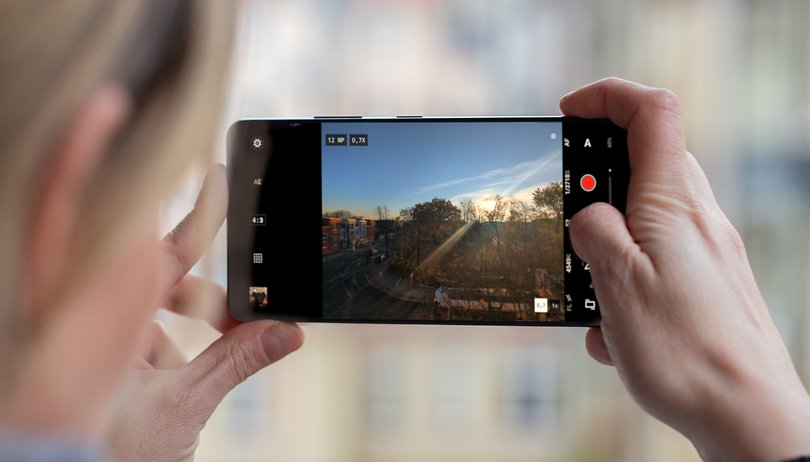

Read in other languages:
Our recommended app for today is called ProShot, and it is available for free on both Android and iOS platforms. It's a camera app that gives your smartphone camera a real boost, as though it is running on steroids. In addition to better photos, you also get a little bit of that DSLR feeling.
- 16,500 votes casted: This phone takes the best photos in 2021
TL;DR
- ProShot is currently free instead of $4.99 (iOS and Android).
- The app is rated with 4.3 stars on Android with more than 100,000 downloads (iOS 4.0 stars).
- ProShot is free until November 13.
Today's app will target photography fans among you and happens to be one of the countless camera apps that the Google and Apple app stores have...er, in store for us. In this article, we'll explain why you should give this particular app a chance.
Why should you download ProShot?
Depending on the manufacturer, your smartphone may already arrive with a pretty good native camera app. But more often than not, these are rather rudimentary and most of the time, the exact feature that you would like to use is unfortunately missing.
ProShot is therefore very comprehensive and wants to make you feel as if you were operating a DSLR camera right from the start. Check out this clip that introduces some of its features:
Functionally, ProShot is very comprehensive: you get two fully configurable modes just like a DSLR, where you can control functions like exposure, flash, focus, ISO, shutter speed, light and white balance manually, semi-manually or automatically. You can also save files in RAW format, have free rein over the resolution and aspect ratio, and there's even a light painting mode.
- Also read: The best camera apps for Android and iOS
Furthermore, you can access a live histogram, zoom using just one finger, create time-lapse videos, adjust the JPEG quality as well as the noise reduction, and place grids over the live camera image. With ProShot, you get the entire cornucopia of features, making the app an absolute no-brainer right now as a free download.
Is it safe to download ProShot?
When you install the app, ProShot will ask for a few permissions at first. The app obviously wants to access the camera (but of course!), the microphone, and photo gallery, while asking for your location at times (only when the app is in use). All of these requests are perfectly understandable!
Privacy checker Exodus tells us that the Android version requests a total of nine permissions. These include read/write permissions for external storage and access to your Precise Location. As mentioned: All of the permissions required make sense in this context.
At the same time, Exodus also confirms to us that there is not a single tracker to be found. In the privacy policy, you'll learn that none of the information collected contains personal or identifiable information. It also reiterates that the location information is used to geotag your photos and this feature can be disabled.
However, there is apparently one catch that I need to inform you about before you install it. There are a few reviews with only one star (at least on Android). There, people have complained about crashes or certain features not working as they should. This only seemed to have affected some smartphones. In my testing, everything ran flawlessly (on a Huawei P30 Pro), while Ben did not have any issues with it on the Pixel 6.
Just try them out and you will then quickly be able to determine whether your smartphone is affected by any of the bugs mentioned by some of the reviewers. You cannot go wrong with a free download anyway. Don't waste any more time and install the app, which is only available for free until November 13th.
We would love to hear how this app is for you, whether it gives you a decent DSLR feeling and also if you can suggest other camera apps for our readers.






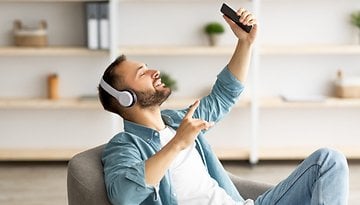
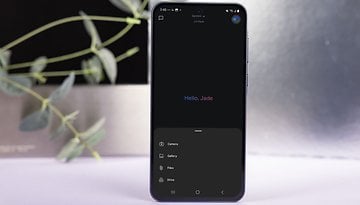
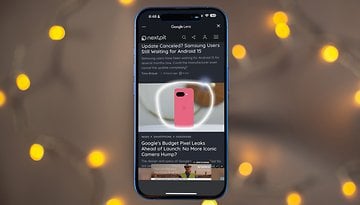
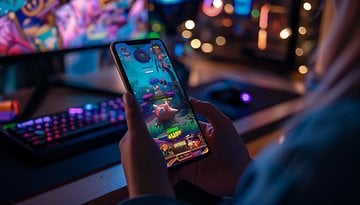
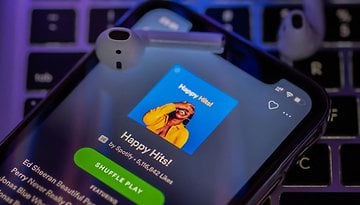
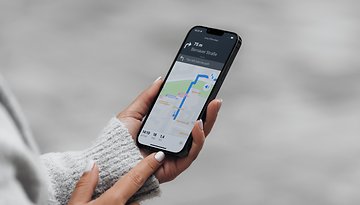

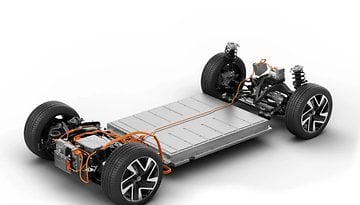
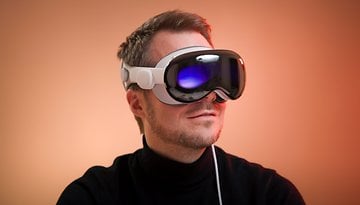
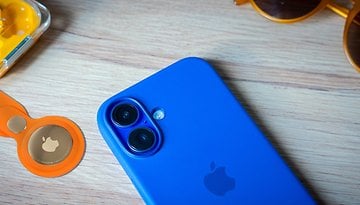
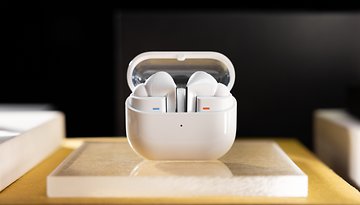
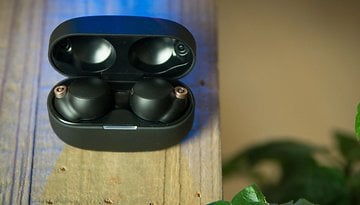


Worth a try to compare with opencamera, mix camera or camera fv-5 on my old Galaxy S5.
its UI is a bit more complicated but you get slightly better results with less effort in finding the good settings for a shot.
Nevertheless , even if overall picture quality is better (color, sharpness), it seems less detailed when zooming on a capture.
What does it offer in terms of post processing and dark/low light performance? Seems it should get just as detailed a review as regular phone camera performance in order to recommend it or not. Even free, do I want to spend my time making my own analysis--not really.
Do I have the skills and equipment for such analysis? No.